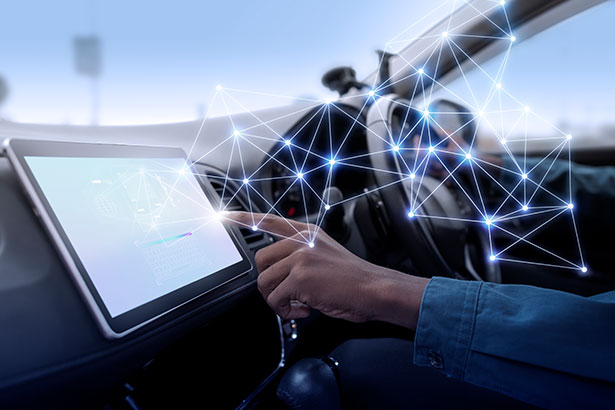
How OSS is pushing the speedometer on SDV’s
The creation of what many call the “software-defined car” is impacting the customer experience more than ever. Drivers now expect personalisation, advanced communication services, enhanced digital experiences and improved driver assistance systems.
Nearly a quarter of all modern vehicle commercial applications are powered by open-source software (OSS). The proliferation of OSS in modern vehicles, particularly EVs and AVs signifies a transformative era for the automobile industry.
Gone are the days when driving properties or the external appearance of cars would dictate the car’s ultimate value. Today, the success of a car depends on its software much more than the mechanical side. Electronic architectures and software development strategies are changing rapidly. This shift is the primary driving force behind vehicle technology, especially with the increasing adoption of autonomous driving systems.
Meeting The Challenges Ahead
Car manufacturers and their suppliers are already grappling with the tangible challenges posed by the software-defined car. The imminent reality is that autonomous vehicles will soon be managing extensive data volumes, reaching tens of terabytes daily, collected by advanced sensors like LIDAR and cameras. To top this, customer expectations are soaring, with a desire for features reminiscent of smartphones, demanding seamless integration with the latest apps and cutting-edge technologies.
Throw into the mix features such as passenger entertainment systems and remote diagnostics, and the demand for robust software and enhanced processing power in vehicles is set to skyrocket. Leveraging open-source software can help automakers stay ahead of the curve.
Benefits of Open Source Software (OSS)
OSS has many benefits.
- Cost Savings: OSS lets carmakers save big, redirecting budgets to innovate.
- Engaging Experiences: It enables automakers to craft captivating digital experiences for consumers.
- Accelerated Growth: Reduced expenses and custom software teams contribute to faster business expansion.
- Enhanced Safety: OSS makes cars safer with reliable data.
- Agile Development: It cost-effectively maximises product agility.
Nevertheless, the risks of OSS can be substantial. Vulnerabilities in OSS, for instance, have the potential to compromise applications and expose sensitive information. Furthermore, insufficient compliance with OSS licenses can lead to legal complications. Of even greater concern, particularly in the context of EVs and AVs, is the impact of poor OSS quality on vehicle and passenger safety.
Despite these risks, OSS is essentially ubiquitous. Critical at this point is for auto manufacturers and other developers to proactively adopt policies and best practices such as addressing security vulnerabilities, avoiding license conflicts, training developers on OSS risks, and tracking OSS use throughout the manufacturing pipeline.

